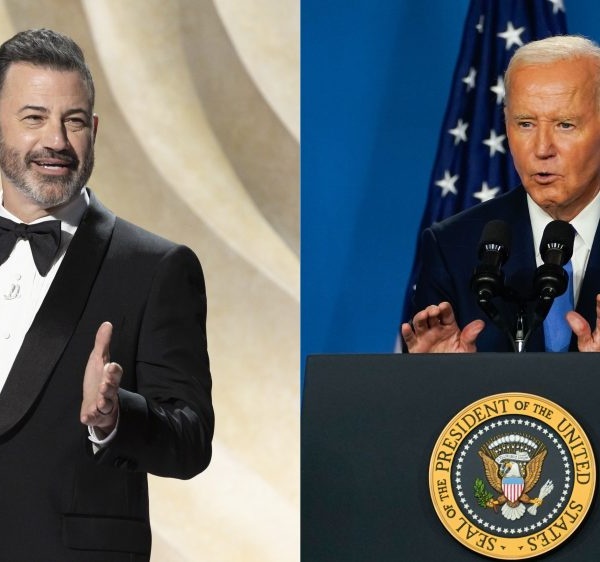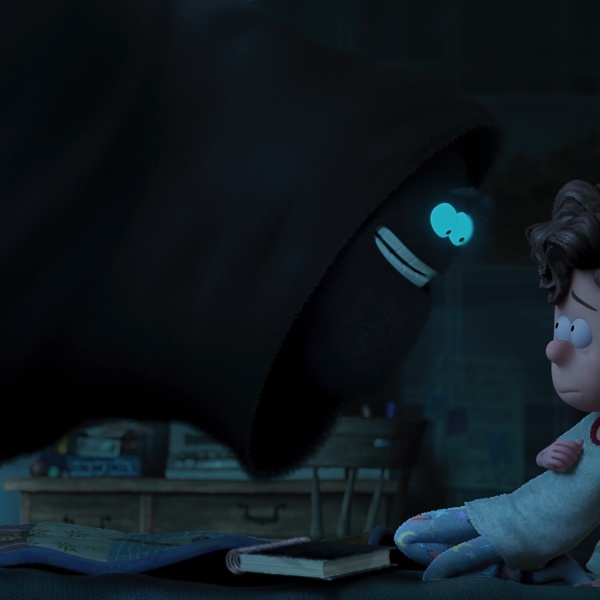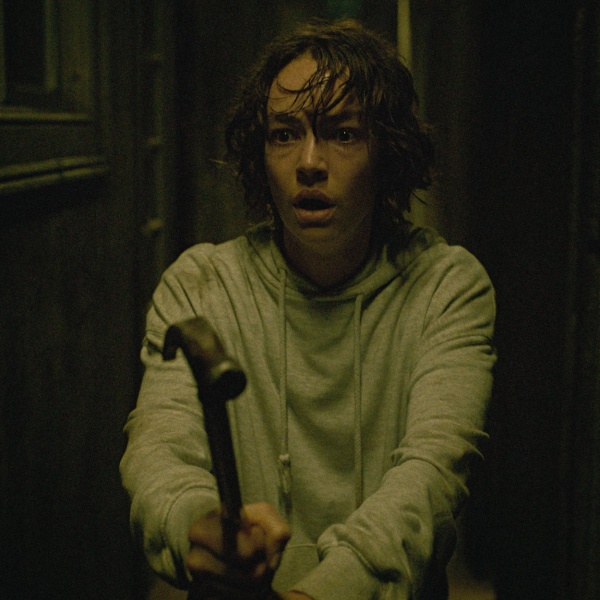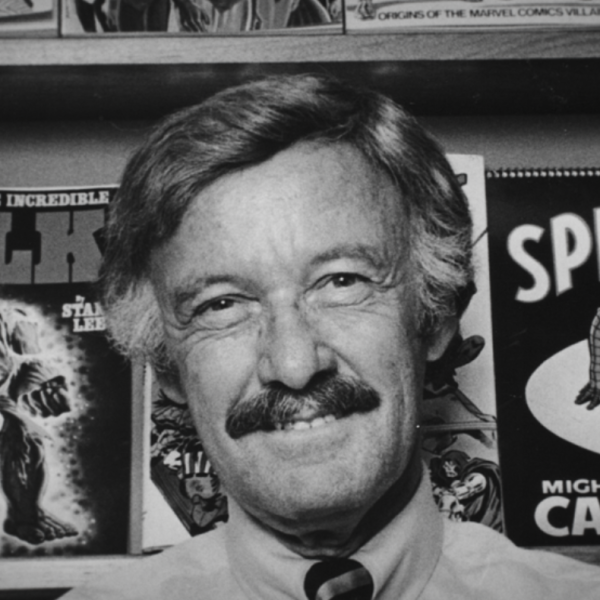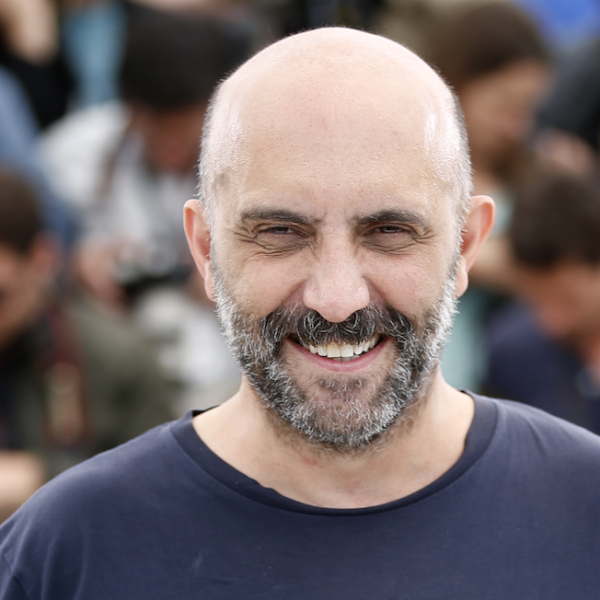
Compared to his last film, Roman Polanski‘s “Carnage” must have been a breeze. Not that the shoot for “The Ghost Writer” was “Fitzcarraldo” or anything, but, famously, the project hit a major speed bump in September 2009, while the film was in post-production, when the helmer was arrested in Zurich, and deportation proceedings were begun against him for the statutory rape case that has overshadowed the last thirty-odd years of his career. The Swiss authorities decided not to hand Polanski over, but he still spent months in prison, and was forced to complete post on his Robert Harris adaptation from there.
But somehow, the troubled process paid off — the film was showered with praise on release last year, and is generally regarded as one of the director’s best late-period films (to the eternal puzzlement of some, including this writer). In comparison “Carnage” has been a cakewalk: the film only went before cameras in January, and yet it screened this morning in competition at the Venice Film Festival. Has the more relaxed process brought out the best in the director? Or has freedom come with its own problems?

Like his 1994 picture “Death and the Maiden,” the film is based on an international stage hit, in this case “God of Carnage,” by the French writer Yasmina Reza, which has played all over the world, with names like Ralph Fiennes, Janet McTeer, Isabelle Huppert, Jeff Daniels and Hope Davis in the various casts. Two sets of parents — the liberal Michael and Penelope Longstreet (John C. Reilly and Jodie Foster) and the successful Alan and Nancy Cowan (Christoph Waltz and Kate Winslet) — meet for dinner after their young children are involved in a playground dispute, and soon all their flaws, hypocrisies and deceptions are laid bare in a drunken evening that shows the parents to be no more civilized than their progeny.
It’s been a while since Polanski’s done an out-and-out comedy (unless you count Pierce Brosnan‘s performance in “The Ghost Writer” — oh, snap!), and the good news is that “Carnage” is very, very funny. The play brought down houses around the world, and the director and his cast hit every beat with expert timing; there are moments here that rival anything we’ve seen in recent years for hilarity. There’s often a darkly funny undertone to Polanski’s work, but this reinforces that he’s got a real knack for comedy, for perhaps the first time since “Fearless Vampire Killers,” and we hope he doesn’t neglect that particular muscle from here on out.
But it’s also a film of very little ambition, a minor entry in the director’s canon. Perhaps it was just the desire to shoot something fast and quick after his brush with justice, which is certainly understandable, but he has essentially taken a pre-existing script, cast four A-listers, locked them in a room, and shot it. There are few directorial flourishes beyond a firmly Polanski-esque opening shot, and almost nothing to enable the identification of the movie as a Polanski picture; for once in his career, it feels like almost anyone could have directed it. It’s not as though the play could have been opened up much, but he really might as well have stuck some cameras in the audience of a stage production. Maybe that approach would have been fine for a more substantial piece, but at best Reza’s material is targeting some fairly low-hanging fruit (upper middle-class hypocrisy, in the main) without adding much to the discussion, and at worst it’s not about much more than the set-up for the next gag. And that’s even ignoring the major issue with the construction of Reza’s piece — there’s no reason for the characters to stay in the room together, except that the writer decides they should.
Being as stage-y as it is, it’s therefore principally an actors‘ piece, and there are certainly pleasures to be had in watching the shifting allegiances, although some of the stars fare better than others. Unusually, it’s Winslet who’s most adrift; to begin with, her uneasiness seems to be a character trait, but she never really settles into Nancy, although she does demonstrate a certain flair for physical comedy in a few moments. Reilly is on typically good form, letting his amiable persona slide gradually to reveal a caveman underneath, while Waltz dips into grotesque once or twice early on, but is otherwise excellent, suggesting a life beyond the villains he’s so far played for American audiences. For this writer, it’s Jodie Foster who was the highlight. The double Oscar-winner has been on a sort of auto-pilot of late, but “Carnage” is a vital reminder of her talents; she’s appropriately brittle and sanctimonious, but she’s also the only cast member to let the audience feel something close to sympathy for their character, while never letting her off the hook.
There are other nitpicks; the whole cast accelerates from sober to hammered in what seems like a few sips of whiskey, rather negating the real-time conceit, while the set suffers from “Friends” syndrome a little; it’s somewhat cavernous for an income like Reilly’s traveling salesman (we’re sure there are plenty of practical reasons for this, however). But for the most part, it’s pleasurable enough, although anyone hoping for a return to 1970s form for Polanski will be disappointed — the helmer hides away like his flight had a lay-over in Los Angeles. Hopefully next time out will be more distinctive. [C+]

